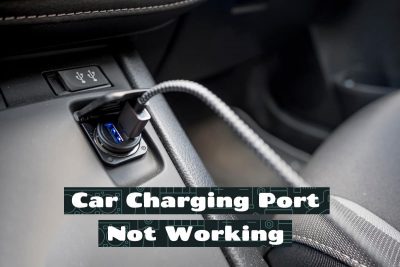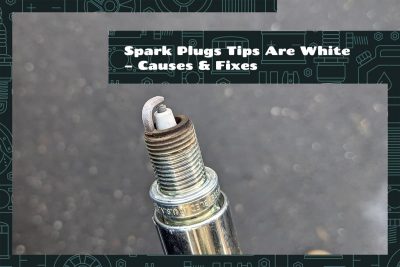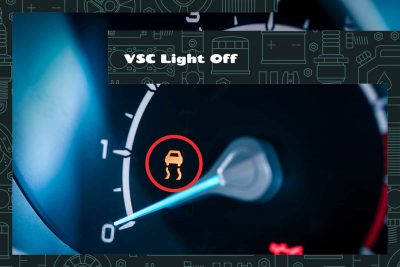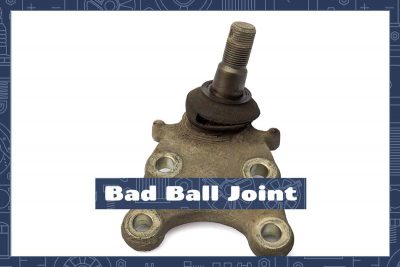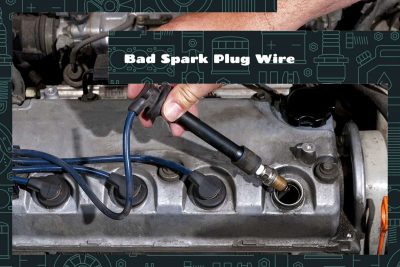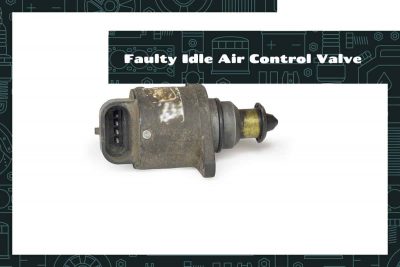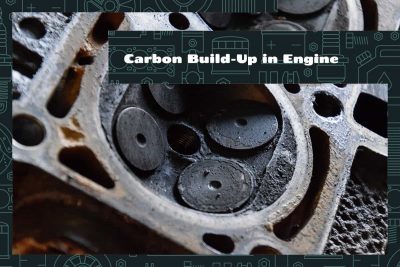For many drivers, the car’s cigarette lighter port, also known as the 12-volt power outlet, is a vital link to many devices and accessories. Whether it’s powering your GPS, charging your smartphone, or running a portable cooler on a long journey, this handy component is often taken for granted—until it stops working. A malfunctioning cigarette lighter port can cause inconvenience, turning even the simplest tasks into frustrating challenges.
The problem of interior car lights refusing to turn off may seem like small problem but it become a significant nuisance if not addressed promptly. Beyond being annoying and potentially draining your car battery, this issue can affect your visibility while driving at night.
Diesel engines do not have spark plugs. Unlike gasoline engines, which rely on spark plugs for ignition, diesel engines use a method called compression ignition, eliminating the need for spark plugs.
White spark plug tips are commonly caused by a lean air-fuel mixture, an overheating engine, poor ignition timing, or the use of low-quality fuel. You can remedy this issue by adjusting the air-fuel mixture, managing engine temperature, correcting ignition timing, or improving fuel quality.
Timing belts synchronize the rotation of the crankshaft and camshafts. When working properly, they ensure that your engine’s valves open and close at the correct times during each cylinder’s intake and exhaust strokes. But like any other part of your car, timing belts wear out over time and can cause significant engine damage if not addressed promptly.
The Vehicle Stability Control (VSC) system in your car is a critical component that helps maintain the vehicle’s stability and control, particularly during extreme steering maneuvers. It’s designed to help prevent wheels from slipping and losing traction, enhancing the car’s overall safety and performance. If the VSC system is functioning normally, you may not notice it, but when the VSC light on your dashboard goes off, it could signal an issue that requires your attention.
Ball joints act like the connecting link between the wheels and the car’s body. They play a critical role in ensuring a smooth and controlled ride by allowing for rotational movement between the steering and suspension. However, like any other mechanical component, ball joints can wear out or get damaged, negatively affecting your vehicle’s performance and safety.
The triangle with an exclamation point on your car is a general warning sign. It often indicates a malfunction within the car’s systems or a safety issue. Common triggers for this symbol can be mechanical faults, electronic system errors, or specific environmental conditions.
Spark plug wires transfer the electrical current from your car’s coil to its spark plugs. When they function correctly, your engine runs smoothly, but when they fail, it can lead to a myriad of problems. Identifying a bad spark plug wire is the first step toward facing unnecessary hassles down the line.
Key symptoms of a faulty IACV can include unusual idling behavior, difficulty starting the car, unexpected stalling, and erratic RPM fluctuations. In some cases, your check engine light may also come on. Addressing a faulty IACV usually involves either cleaning the valve or replacing it entirely, depending on the severity of the issue.
Cars, especially older ones, exhibit a wide range of symptoms with varying causes for concern. However, when it shakes at idle and smooths out while driving, you may feel a bit dumbfounded. Shakes or vibrations may appear minor, but they are important indicators of the car’s condition and could be signaling more significant underlying problems.
Carbon build-up in an engine is a widespread automotive issue that can hinder your vehicle’s performance over time. While this might seem like a technical concern only mechanics need to worry about, it has a real impact on your vehicle. A clear understanding of carbon build-up can help you better maintain your vehicle and address potential problems early.
